Bringing spaceflight to a petri-dish – the story of litegrav.AI
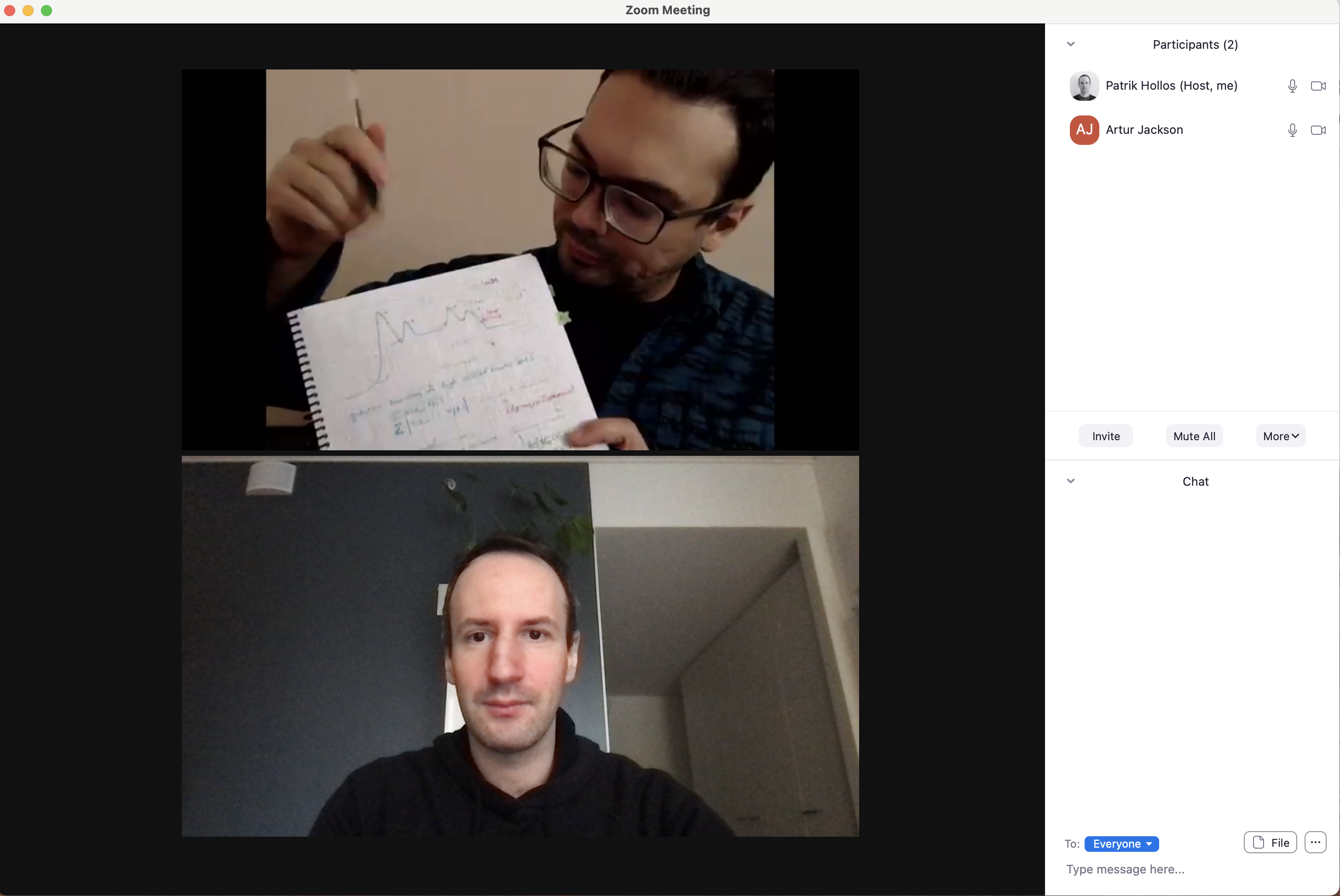
Born in Hungary, lived and studied for years in Finland, Patrik Hollos and his partner Artur Jackson applied to Prototron, won 20 000 euros and started a business in Estonia. This is the beginning of litegrav.AI – the story how two men “brought spaceflight to a petri-dish” to improve basic research.
Patrik has a Ph.D in Neuroscience and 15 years life science expertise, Artur is and engineer and also Ph.D candidate in Mathematics with 15 years silicon industry expertise. “Access to space for basic research and industry is very expensive and lengthy even for a single experiment. Simulation of the condition on Earth is possible, but current solutions lack features that are often essential, or proper configuration is out of scope. This is where we step in – we are developing a small, incubator-fittable microgravity simulator aimed for basic research, which provides a novel control algorithm over existing solutions and compatible with a wide range of research instruments. This provides benefit to laboratories all around the world to ask and answer important research questions, even if they are not space-oriented,” Patrik says.
Great benefit for all
Multiple researches have shown that microgravity is a special environment that can provide a great benefit for industry and society, both in space and on Earth: stem cells grow with a better rate, drugs crystallize better, newly discovered molecular pathways can pave the way to new therapies for a range of conditions, including cancer. “Paradoxically, the multi-billion basic research market – with thousands of laboratories around the world who could benefit from microgravity – lacks access to easy-to use and affordable microgravity platforms, including microgravity simulators. We combine expertise from biological research, machine learning, engineering and design to provide a device that enables cutting-edge microgravity, partial gravity and spaceflight simulation at the bench or in the incubator without compromising the use of typical research assays during the experiment,” Patrik explained the main problem litegrav.AI is solving.
As many others – the idea grew from a personal need. “I was doing research in brain cells related to space-like stress and was looking for a microgravity simulator device from other laboratories. One was broken and there was no one to fix it, and many other laboratories struggled with expensive or very limited in-house made devices, where you make a change in your research protocol and have to do a lot of re-configuration. This was the realization point, that I have solution for this and other could benefit from it as well,” Patrik described. The ambitions of litegrav.AI are impressive. We would like to have products not just for space-research related laboratories, but other biological areas as well and pharmaceutical research.
How did they end up in Tallinn?
“There are several things, which made us stay here. The Estonian startup-ecosystem and flexibility, which suited with our idea and allowed to start well from the beginning. Everything, what we got from Prototron programme – the mentors, who showed us the right path to go with our idea; surprisingly lots of contacts, for example very good developers, who can really help us to build our first industrial grade prototype to be tested by customers. We found several partners, whom we had mutual understanding from the start. Really, I´m very happy to be here. Before autumn 2020, I did not know about Prototron, but I saw and ad in Facebook, which was saying I could get money to build my first prototype to bring our idea to the market For us, the Prototron funding will help to develop further add-ons and modularity to our device, so we could help with a more diverse set of research. Applying for Prototron was a very intuitive step for me – I thought that this is exactly what we need. So – if you have an idea and you think it is worth of developing – especially when you realize that others encounter the same problem that you are trying to solve – apply for Prototron,” Patrik summarizes.
The next round of Prototron will end in March 25th. Apply NOW!

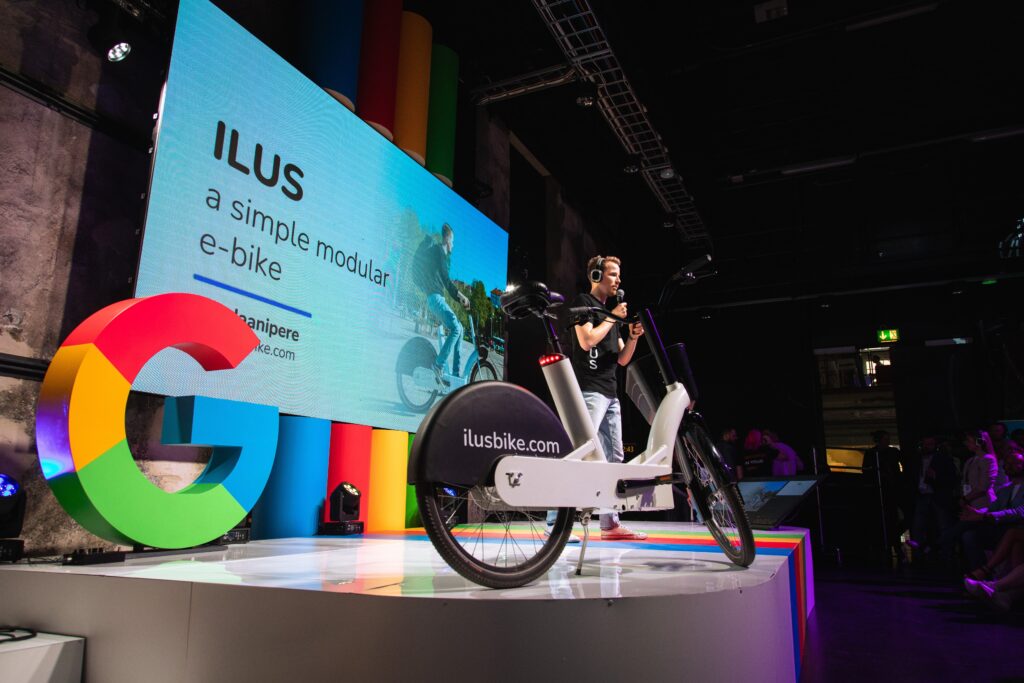
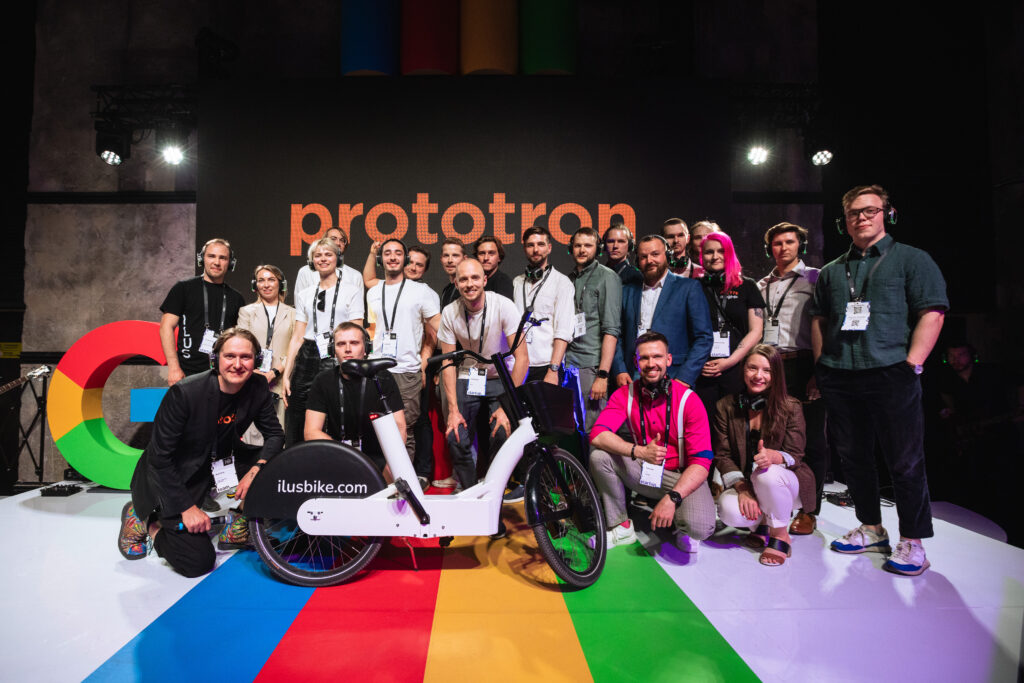
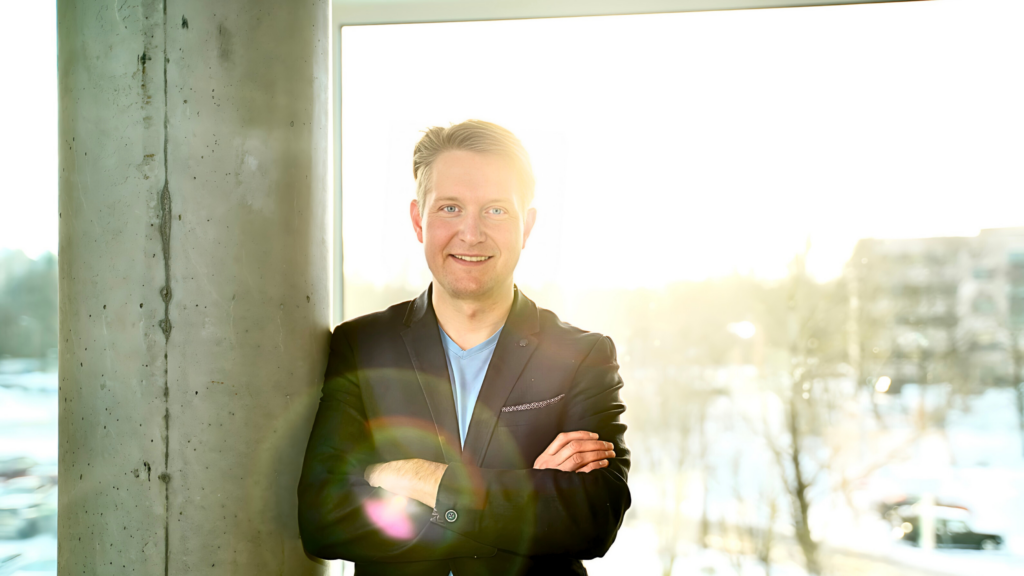
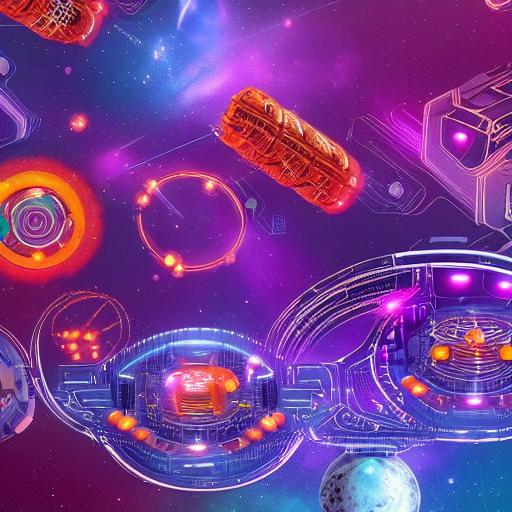
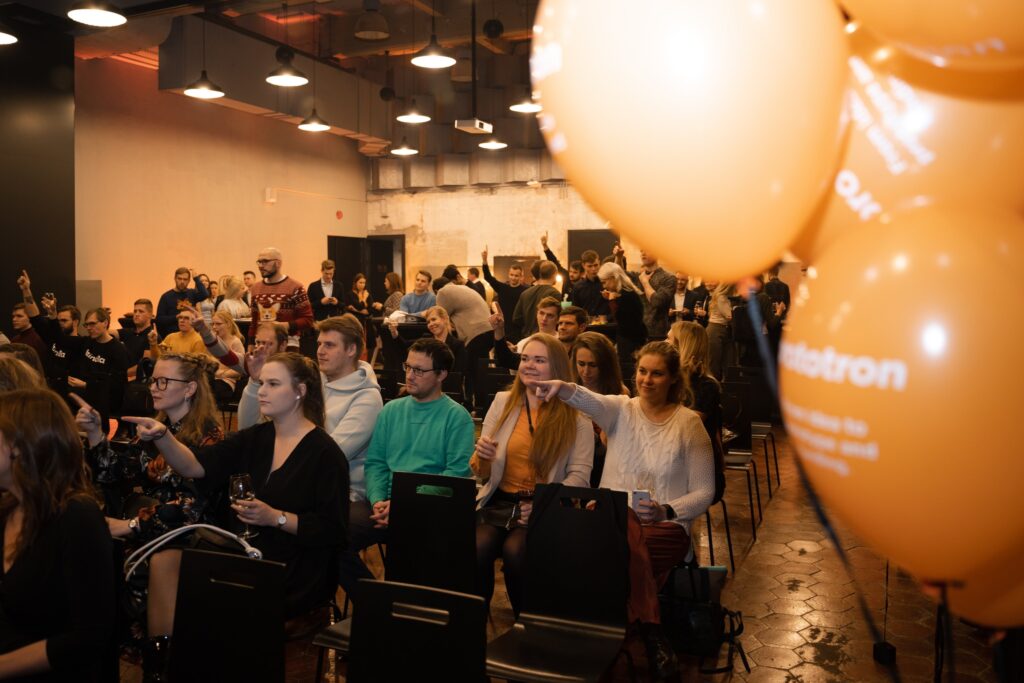
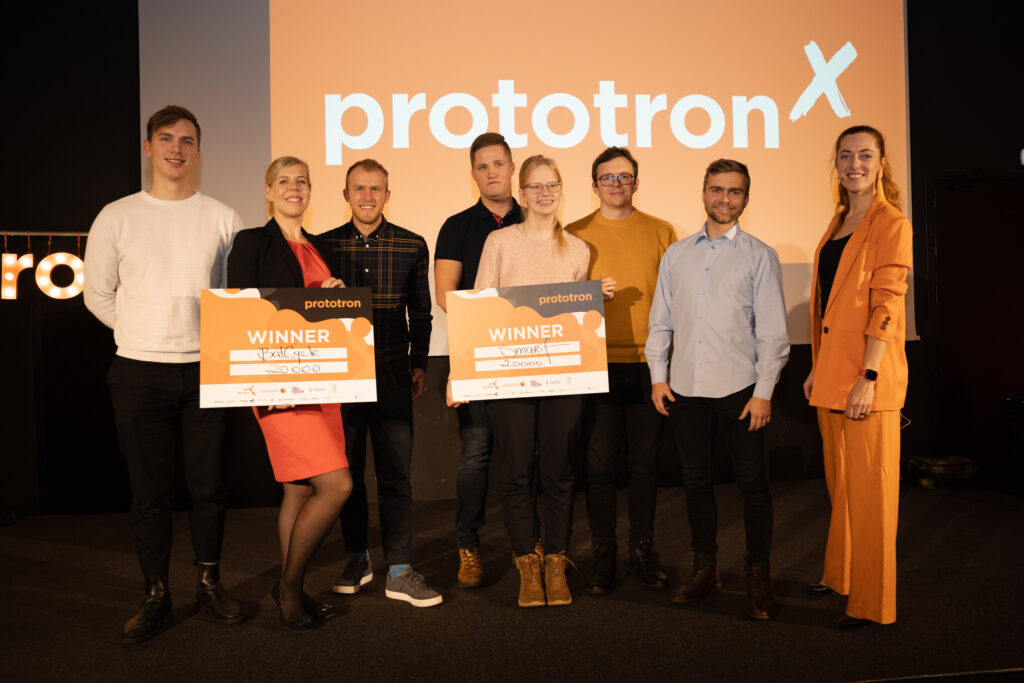

facebook
instagram
twitter
linkedin